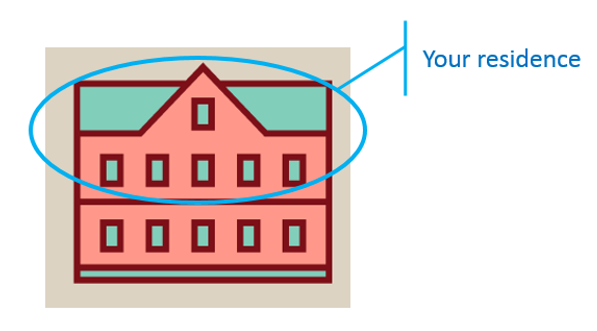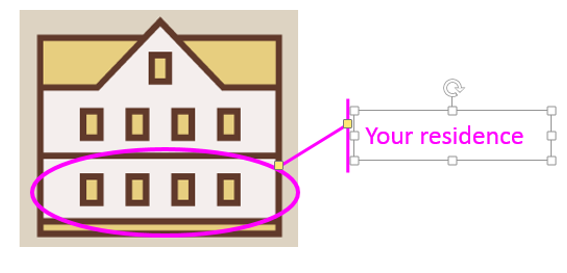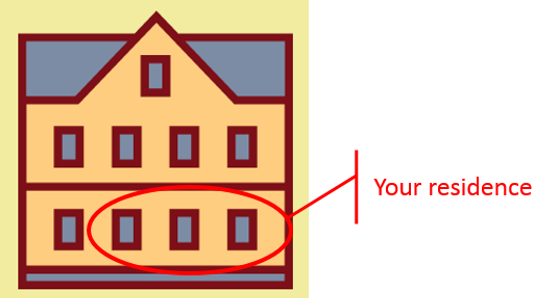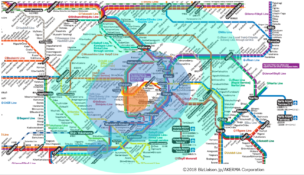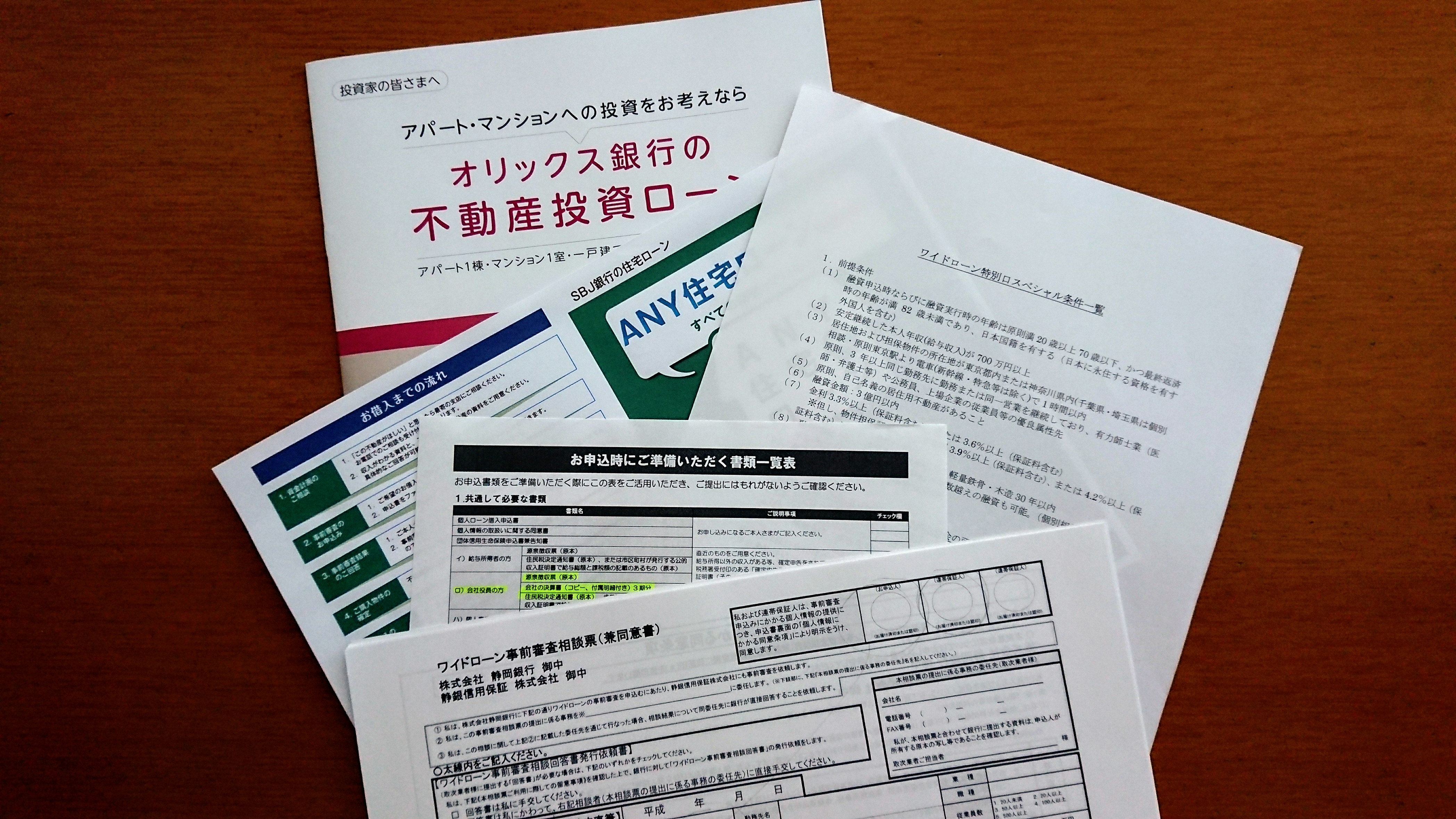Around 7% of property price in general but much higher for low-priced property
Transaction cost: Top FAQ about Japan property transaction

Transaction cost is the most typical question asked by overseas clients. To answer the question, we always say “Generally, about 7% of the property price” for a property priced above 50 million yen. In this context, we include brokerage fee (or agency fee), professional fee to judicial scrivener for ownership transfer registration (including registration license tax), and stamp duty for transaction agreement (and for receipt to the seller in case of receiving pro-rated rental from the seller) and fire insurance.
Transaction cost is much higher for low-priced property
However, please note the percentage above is never applied to a property priced below 10 million yen. For example, if you purchase an old house priced 5 million yen in a suburban area in Japan, like Yamagata prefecture in Tohoku, the cost sum of brokerage fee and professional fee to judicial scrivener is very likely to exceed 9% of the property price. Meanwhile, if you purchase an old RC building priced 140 million yen in a downtown area of Tokyo, the cost sum above can be around 4%. The relative cost is lower for such a building compared to an old wooden house in a rural area.
Fire insurance: Biggest hidden cost
In addition to the two cost items of brokerage fee and professional fee, do not forget about fire insurance. This one can be the biggest hidden cost for a property transaction here particularly for low-priced properties.
The 7% we indicated above does include this cost item for a wooden apartment or an RC building priced well over 50 million yen while the percentage tends to be much higher for an old LOW-PRICED house. For the RC building mentioned above, say residential building NOT commercial property, 3-year fire insurance with earthquake coverage may be around 780,000 yen for lump-sum payment. On the other hand, you must pay 160,000 yen for a similar plan for your 5 million yen house (i.e. 3.2% of the property price!).
If you plan to purchase an old house priced below 5 million yen, please be aware of the transaction costs. For a house price 3.5 million yen, you may have to pay over 17% of the property price for transaction costs.
Notes for fire insurance
When you choose a fire insurance plan, please also note the followings:
- Rationale of adding earthquake option
Without earthquake option, the insurance cost is much lower. But please note fire caused by earthquake will not be covered by general fire insurance. Earthquake option also covers damage covered by tsunami.
- Lump-sum payment required
Unless you are a permanent resident here and have a bank account with any local bank, you must make lump-sum payment by cash in case of multiple year plan like 3-year and 5-year.
- Earthquake coverage not available or, if any, extremely expensive for a commercial RC building
If you own an old but good-looking and reasonable yield property, you may consider a fire insurance plan with earthquake coverage. If your building is a residential property, you can find a relevant plan while you may find it very difficult to get quotations of earthquake plan for your commercial building. These days most of the fire insurance companies stopped offering earthquake insurance plan for commercial building. If any, they will offer you unbelievably expensive plan like 1.2 million yen per year for 200 million commercial building.
- Insurance premium
On the back of recent increase in natural disasters, overall, insurance premium has been on an upward trend. Meanwhile, you may also notice 5-year plan looks cheaper than 3-year plan in light of cost per year. Therefore, smart investors with a certain affordability prefer 5-year plan despite lump-sum payment. Of course, the choice of 5-year plan surely pushes up the transaction cost further.

